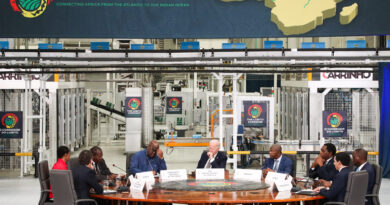Israel–Iran Conflict Fuels Transport Inflation and Petrochemical Strain in Zambia
The escalating conflict between Israel and Iran is sending ripples through global oil markets, driving up fuel prices by nearly 20% and triggering significant economic impacts in fuel-dependent nations like Zambia.
Economic analyst Kelvin Chisanga warns that the ongoing tensions are causing transport inflation and supply chain disruptions across Zambia, where reliance on imported petroleum products leaves the economy highly exposed to international price volatility.
“The rising cost of fuel is already increasing freight charges, public transportation fares, and distribution costs,” said Mr Chisanga. “This is pushing up prices for food, household goods, and other essential commodities, putting more pressure on Zambian consumers already battling high inflation.”
Mr Chisanga also highlighted the growing strain on Zambia’s petrochemical and manufacturing sectors, which rely on oil-based raw materials such as plastics, synthetic fibers, and industrial chemicals.
“The rising cost of inputs is eroding profit margins and could slow down production, especially in key industries like packaging, construction, and pharmaceuticals,” he explained.
The broader economic implications are also a cause for concern. Mr Chisanga cautioned that if the geopolitical conflict continues, Zambia could experience persistent inflation, reduced industrial output, and greater fiscal pressures.
“Transport and manufacturing are key pillars of our economy,” he noted. “Any sustained disruption threatens to derail our post-pandemic recovery and exacerbate social and economic inequalities.”
To cushion the impact, Mr Chisanga urged the Zambian government to accelerate investments in energy diversification and fuel infrastructure, including renewable energy sources, while exploring targeted subsidies or safety nets for vulnerable communities.
“Policymakers must closely monitor global developments and prepare adaptive strategies to reduce Zambia’s exposure to future shocks,” he concluded.



